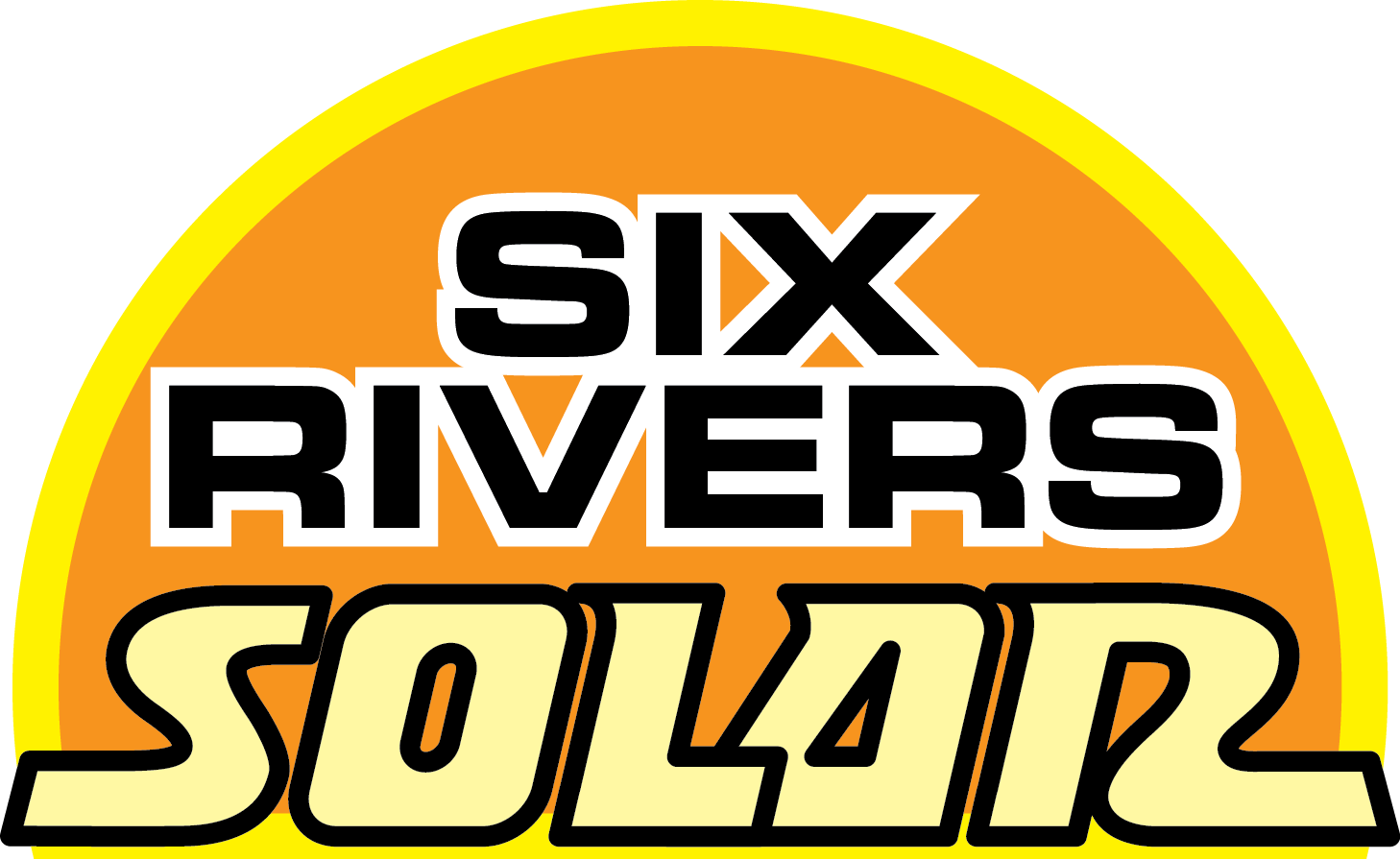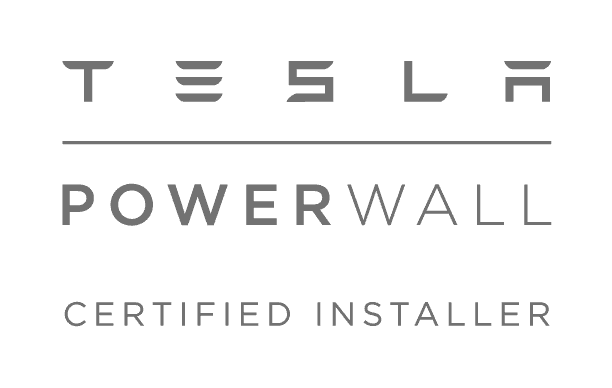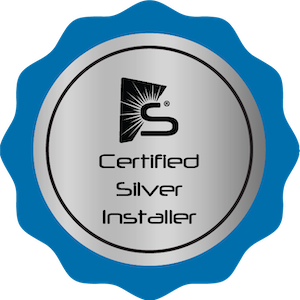Solar panels work best in direct sunlight, but that doesn’t mean they don’t produce any electricity on cloudy days. When it’s cloudy out, your solar output may drop slightly, but you’ll still be able to generate power.
Keep reading to find out how different weather conditions affect solar panels and what you can do to maximize your solar output.
The Best Weather Conditions for Solar Panels
Solar panels work by converting sunlight into electricity. Naturally, they work best when there is plenty of sunlight available. But that doesn’t mean solar panels only work in hot climates with year-round sun. Because they rely on light rather than heat to generate electricity, solar panels can work just as well in cold climates as they do in warm ones. In fact, too much sun can have a negative effect on solar production; extreme heat will actually reduce your solar panels’ efficiency.
A cool, sunny climate is ideal for solar panels, which will produce the most power in these conditions. Even though we get our fair share of cloudy days here on the north coast, our climate is still very well suited for solar panels.
Solar Batteries Help on Cloudy Days
Solar can work extremely well on cloudy days if you have solar battery storage. Solar batteries store the excess electricity your solar panels generate during peak sunlight hours. This creates a bank of energy you can tap into whenever you need it. On an overcast day when your solar panels are not producing as much electricity as they usually do, you can use the electricity you have stored in your battery instead of buying electricity from the grid.
Solar battery storage is becoming increasingly important for all types of solar power systems, and if you plan to go off-grid with solar, it is absolutely essential.
How Weather Impacts Solar Panels
There are a few weather conditions that you have to consider when installing solar panels in northern California: direct sunlight, cloud coverage, and rain.
Direct Sunlight
Solar panels don’t need direct sunlight to work, but they do produce the most electricity in direct sun. During direct sunlight hours, your solar panels likely produce more electricity than you need. You can send the excess to your utility in exchange for net metering credit, or store it in a solar battery for later use.
Clouds & Fog
Clouds and fog block sunlight, which means they can have a negative impact on your solar system’s output. But clouds don’t typically block out the sun altogether. On a very cloudy or foggy day, you may experience reduced output, but your solar panels will still generate some power.
Rain
Rain is, surprisingly to many people, really good for your solar panels. Rain will wash dirt, pollen, and other grime off your solar panels, which can accumulate on your solar panels and block sunlight. Lightning storms pose little risk for your solar panels, which are built to withstand severe weather and don’t attract lightning.
The North Coast’s Leader in Renewable Energy: Six Rivers Solar
Six Rivers Solar has been the North Coast’s leader in renewable energy since 1980. We install residential and commercial solar power systems that are specifically designed for the climate on California’s North Coast. We can help you maximize your solar output year-round with a custom solar panel and battery system for your home or business.










